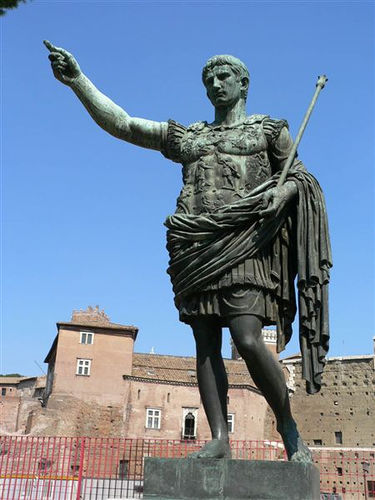Many states, including my own, have considered bills to protect health care professionals who refuse to provide care they judge to conflict with their personal religious, moral, or ethical views and to refuse to refer patients to where they could get care. The care in question usually is reproductive: abortion, contraception, etc.
Known as the conscience clause or healthcare freedom of conscience bills, such bills could endanger patients–especially those with medical emergencies or that have few medical providers in their areas.
Such bills also violate professional ethics. For example, the Code of Ethics of the National Association of Social Workers, which I have promised to uphold as an NASW member, requires social workers to refer clients to a competent professional when terminating services. Furthermore, it requires that they smooth the transition to the next provider by, e.g., providing records the professional will need. (See 1.16(b) and (e) in the code).
Social workers respect and promote the right of clients to selfdetermination and assist clients in their efforts to identify and clarify their goals. –NASW Code of Ethics 1.02
The code also requires social workers to “respect and support the rights of clients” to make decisions that affect their lives. It does not grant social workers license to end services without referral because a client wants something that conflicts with the worker’s personal values.
Because of the harm that refusing care can cause, such refusals could violate the Hippocratic Oath’s requirement to “first, do no harm.”
Because of the protection from potential ethical violations that such bills would provide, I call them Excusing Unprofessional Behavior acts. That is what they would do. This opposes the freedom-of-conscience frame with professional responsibility.
Professionalism demands placing the client’s interests ahead of one’s own when they conflict. Though it’s uncomfortable to be asked to provide a service that you don’t think is right, it’s part of being a professional. If you really can’t do it, refer.
What do you think of the Excusing Unprofessional Behavior Act?


